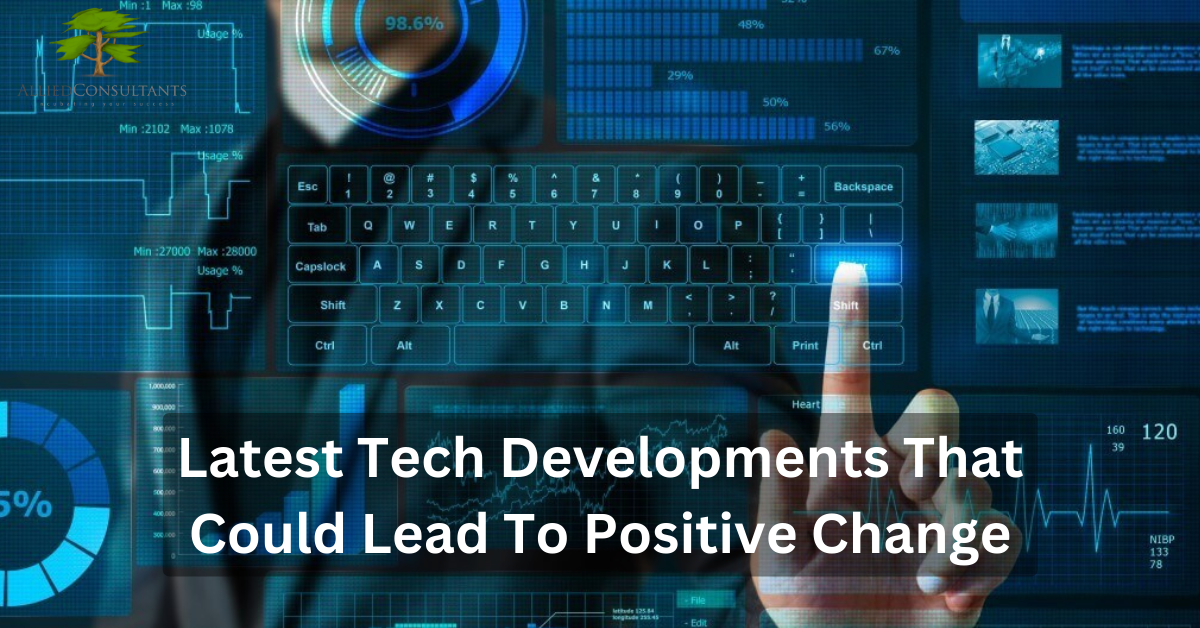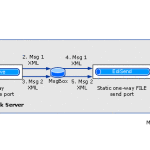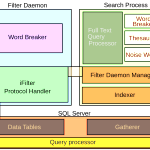Latest Tech Developments That Could Lead To Positive Change
We have witnessed the remarkable and beneficial advancements that technology can bring to various domains, ranging from revolutionary medical treatments to communication software that keeps us connected, and even innovative methods of agricultural production, among countless others. Certain technologies have such a profound impact that they rapidly transition from obscurity to becoming widely adopted within a few years, or in the case of ChatGPT, even mere months.
Also Read This: ChatGPT Vs Google Bard: Which Chatbot Will Win The AI Battle?
Let’s delve into some of the latest tech developments that have the potential to create a positive impact on society.
1. Large Language Models
The advent of large language models (LLMs) opens up vast opportunities for decision-making. In industries where finding and retaining personnel is a challenge, LLMs can bring benefits to consumers by offering user-friendly customer service and internet-based services. However, it is important to note that LLMs cannot entirely replace humans since their effectiveness heavily relies on the quality of the collected data. This is particularly crucial in systems that require specific determinism, such as those employed in the aerospace and defense industries.
2. Sustainable Energy Solutions
The pressing need for sustainable energy solutions has led to significant advancements in renewable energy technologies. Solar power, wind energy, and geothermal systems are increasingly becoming more efficient and affordable, offering cleaner alternatives to traditional fossil fuels. The development of energy storage solutions, such as advanced batteries, is also paving the way for a reliable and decentralized energy grid.
3. Artificial Intelligence and Automation
Artificial intelligence (AI) and automation are transforming industries and revolutionizing the way we work. AI-powered algorithms can process vast amounts of data, leading to more accurate predictions and insights. Automation streamlines repetitive tasks, allowing humans to focus on more creative and strategic endeavors. From self-driving cars to intelligent virtual assistants, AI is permeating various aspects of our daily lives.
4. Precision Medicine and Personalized Healthcare
Advancements in genomics and medical technologies have paved the way for precision medicine and personalized healthcare. By analyzing an individual’s genetic makeup, doctors can tailor treatment plans and medications to the specific needs of each patient. This approach promises more effective treatments, reduced side effects, and improved overall health outcomes.
5. Blockchain and Decentralized Systems
Blockchain technology, most commonly associated with cryptocurrencies, has far-reaching implications beyond digital currencies. Its decentralized and transparent nature can revolutionize various industries, including finance, supply chain management, and voting systems. Blockchain has the potential to enhance security, eliminate intermediaries, and foster trust in transactions and data exchange.
6. Virtual and Augmented Reality
Virtual reality (VR) and augmented reality (AR) are rapidly advancing, offering immersive experiences and transforming industries such as gaming, entertainment, and education. VR enables users to explore simulated environments, while AR overlays digital information onto the real world. These technologies have the potential to revolutionize how we learn, collaborate, and interact with our surroundings.
7. Internet of Things (IoT) Revolution
The Internet of Things (IoT) refers to the network of interconnected devices and objects embedded with sensors and software that enable them to collect and exchange data. IoT has the potential to enhance efficiency, convenience, and sustainability in various sectors, including transportation, agriculture, and healthcare. Smart homes, connected vehicles, and intelligent cities are just a few examples of how IoT is shaping our future.
8. 3D Printing and Additive Manufacturing
3D printing, also known as additive manufacturing, has transformed the manufacturing landscape. This technology allows the creation of three-dimensional objects by layering materials based on a digital model. From rapid prototyping to customized production, 3D printing offers greater design freedom, reduced waste, and faster production cycles. It has the potential to disrupt traditional manufacturing processes and democratize innovation.
9. Smart Cities and Urban Planning
Rapid urbanization and population growth present unique challenges for cities worldwide. Smart city initiatives leverage technology to optimize urban infrastructure, improve resource management, and enhance the quality of life for residents. From intelligent transportation systems to efficient energy grids, smart cities prioritize sustainability, connectivity, and the well-being of their citizens.
10. Autonomous Vehicles and Transportation Systems
The development of autonomous vehicles holds the promise of safer and more efficient transportation. Self-driving cars and trucks can reduce accidents, congestion, and carbon emissions. Alongside autonomous vehicles, transportation systems are being revamped with advancements such as hyperloop technology and drone delivery systems, paving the way for a more sustainable and interconnected world.
11. Robotics and Automation in Industries
Robotics and automation are revolutionizing industries, from manufacturing and logistics to healthcare and agriculture. Robots are being designed to perform intricate tasks with precision and efficiency, augmenting human capabilities and increasing productivity. This technology has the potential to transform the labor market, improve workplace safety, and free up human resources for more creative and strategic roles.
12. Education and E-Learning Innovations
Technology has reshaped education, making knowledge more accessible and learning more interactive. E-learning platforms and digital tools offer personalized learning experiences, allowing students to learn at their own pace and explore diverse subjects. Virtual classrooms, online courses, and educational apps are empowering learners of all ages, breaking down geographical barriers and fostering lifelong learning.
13. Space Exploration and Colonization
Advancements in space exploration are unlocking new frontiers and expanding our understanding of the universe. Private space companies are developing reusable rockets and innovative spacecraft, making space travel more accessible and affordable. As humanity explores the cosmos, the possibility of space colonization becomes more feasible, offering long-term solutions to resource scarcity and ensuring the survival of our species.
Conclusion
The latest tech developments hold immense potential to bring about positive change in our world. From sustainable energy solutions to precision medicine, these advancements have the capacity to address pressing global challenges and improve the quality of life for individuals and communities worldwide. As we embrace these innovations, it is crucial to navigate the ethical and societal implications responsibly, ensuring that technology serves as a force for good and promotes inclusivity, sustainability, and shared prosperity.
FAQs
1. What are the potential risks associated with artificial intelligence?
Potential risks include job displacement due to automation, privacy concerns related to data collection, and biases in AI algorithms. It is important to address these issues through ethical frameworks and regulations.
2. How does blockchain technology ensure trust in transactions?
Blockchain technology ensures trust by decentralizing transaction records and utilizing cryptographic techniques. The transparent and immutable nature of blockchain eliminates the need for intermediaries and enhances security.
3. Can virtual and augmented reality be used for educational purposes?
Yes, virtual and augmented reality have significant educational potential. They can create immersive learning experiences, allowing students to visualize complex concepts and engage in interactive simulations.







